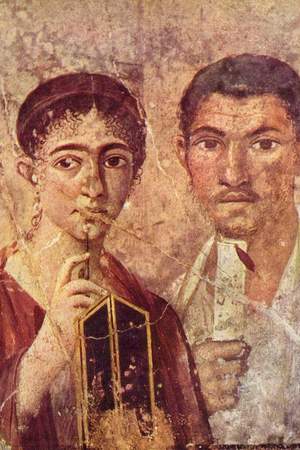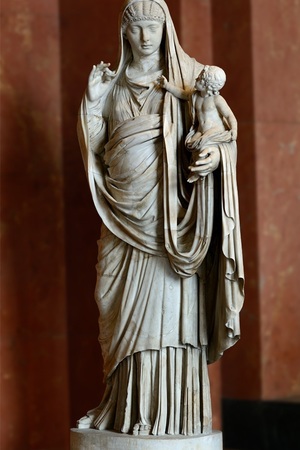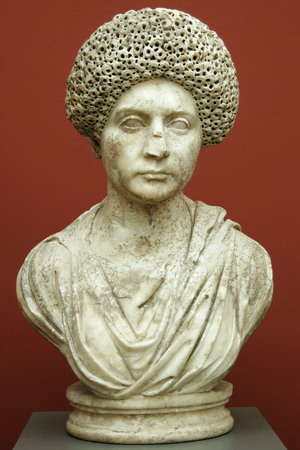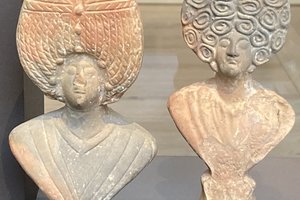Matrona
Matrona (Latin: matrona) is the honorary name of a free married woman with a good reputation from the upper class. The word is derived from the Latin mater — mother. The existence of such a special status for married women shows the value and reverence of motherhood in Ancient Rome. A matron with the status of "matris familias" was protected by the male head of the family (pater familias). Matrona had to pay her attention to taking care of children and the household. Normally, matrons could not engage in political or governmental activities.
Famous Roman matrons who have gone down in history:
-Aurelia Cotta
- Antonia the Younger
- Vipsania Agrippina
-Calpurnia Pisonis
- Claudia Pulchra Tertia
- Servilia Caepione
- Fulvia Bambula
- Zenobia
Much later, in Russian, the word "matrona" began to be used in the sense of " respected woman, mother of the family." Also from this word came the Christian female name Matrona, which in Russian turned into Matryona.
Reconstruction
The matron wore the same clothes as the aristocrats, a mandatory attribute was a table, which was one of the symbols of marriage. Other distinctive features include special wedding rings.
Related topics
Women in Ancient Rome, Rings, Of the table
Literature
Hemelrijk, Emily. Educated Women in the Roman Elite from Cornelia to Julia Domna. — Routledge, 2004. — ISBN 978-0415341271.
Murnaghan, S. Women and Slaves in Greco-Roman Culture. — Routledge, 2001. — ISBN 978-0415261593.
Plutarch. Comparative Biographies, Moscow, 1994. ISBN 5-02-011570-3, 5-02-011568-1.
Suetonius. Life of the Twelve Caesars // Suetonius. The Lords of Rome, Moscow: Ladomir, 1999, pp. 12-281. ISBN 5-86218-365-5.
Tacitus. Dialog about speakers / / Essays. Saint Petersburg: Nauka Publ., 1993, pp. 356-384. ISBN 5-02-028170-0.

 Gallery
Gallery













